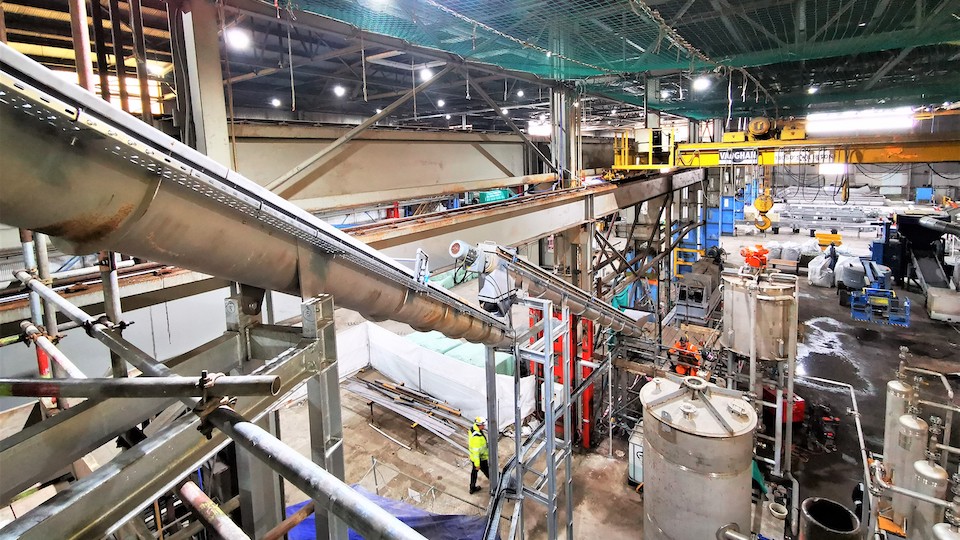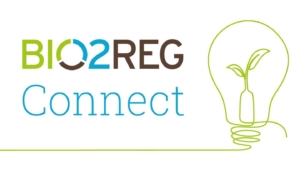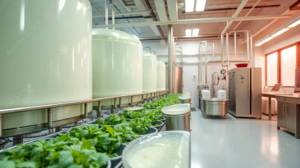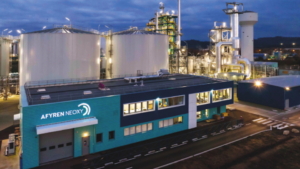
From waste to sugar – demonstration plant opens in Wales
The South Wales-based demonstration plant "VAMOS" that generates industrial biotechnology sugars and other recycled material streams from the paper and card in mixed household waste has come online these days. The products will be used in the production of several high-performance bio-based materials.
The project’s 11-strong European consortium secured €7m funding from Circular bio-based Europe JU (formerly Bio Based Industries Joint Undertaking) under the European Union’s Horizon 2020 research and innovation programme. VAMOS (Value Added Materials from Organic Waste Sugars) is set up to examine the feasibility of innovative resource recovery techniques to use municipal waste as a raw material feedstock for the circular and bio-based economy.
The pan-european consortium includes five UK-based companies – Fiberight Ltd; project co-ordinators Oakdene Hollins Ltd; Aberystwyth University Royal Charter; Imperial College of Science, Technology and Medicine and Knauf Insulation Ltd, along with German companies EW Biotech GmbH and IFEU – Institute for Energy and Environmental Research, plus Celignis Ltd (Ireland); AEP Polymers SRL (Italy); Transfercenter fur Kunststofftechnik GmbH (Austria) and Novozymes A/S (Denmark). The Centre for Process Innovation UK is expected to join soon as a new project partner as stated in the press release at opening of the demo plant.
This stage marks the culmination of 10 years of R&D work and we’re now seeing real progress, comments Nick Thompson, co-founder and Managing Director of Fiberight Ltd. Scaling up our novel laboratory-scale process into an engineering design that will work has been challenging, so we are looking forward to operating and optimising the process further at scale.
Activity being undertaken by the partners demonstrates how the VAMOS project aligns with the increased push towards both a circular and bio-based economy. By using municipal waste as a feedstock, the project’s goal is to reduce greenhouse gas emissions in producing new goods compared to fossil-based and/or virgin alternatives.
Demonstrating this technology will showcase the potential to deploy this solution as a platform for bio-based sugars and other chemicals or materials such as lactic acid and polylactic acid (PLA). Building manufacturing capabilities in Europe will reduce the carbon footprint of shipping materials from cheaper producers, such as Asia, adds Nick Thompson.


 BIOCOM / aminul788 - Adobe Stock
BIOCOM / aminul788 - Adobe Stock adobe.stock.com - Cathy
adobe.stock.com - Cathy Afyren Group
Afyren Group